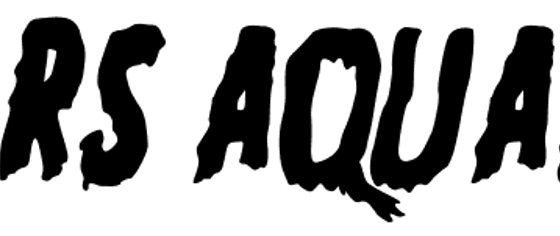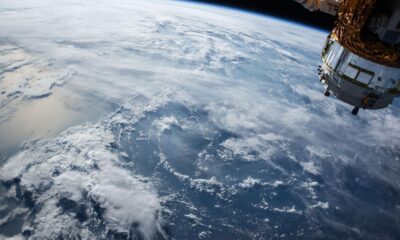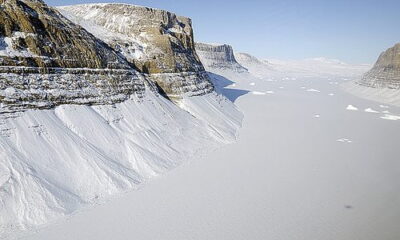

Environment
Water on #Mars
I was reviewing H.G. Wells’ ‘War of the Worlds’ with three others on my local radio yesterday. No one would have believed in the last moments of that broadcast, that NASA had found evidence of flowing water on Mars. In an instant, the possibility of finding life on the red planet had become more likely. The news might have a negative impact on house prices in Woking and Leatherhead. In happy coincidence, the box office is to invaded by The Martian tomorrow.
War of the Worlds is an incredibly powerful tale, written mostly, as it is, in the first person. Having read it thirty years ago, and seen or heard all the intervening film, radio and musical adaptations, and reading it again for the book review, I had forgotten how good the original really is.
The book explores an alien invasion from the perspective of an ordinary British citizen, not a brilliant scientist, general or statesman. It makes blunt comparisons to Europe’s colonisation of the rest of the world – where we often saw native people as sub-human, only fit for extermination or enslavement.
It summarises the tension between the arrogant complacency of an imperial power twinned with the rampant insecurity of being number one (Britain of the 19th century, USA today). It tackles the concept of total war, chemical warfare and industrial warfare for a Victorian population who had no notions of such things – the First World War was still 17 years away at the time of publishing. It also gets across the inertia of a populace, comfortable with the status quo, that the invasion doesn’t pose a real threat. Until it’s too late.
It has aliens, heat rays and tripods, black smoke and red weed! What’s not to like.
War of the Worlds established many of the archetypes of science fiction and you can see parallels in almost every book and film of that genre subsequently. It caused an explosion of interest in Mars and the possibility of Martians. We’re still looking for the sneaky blighters well over a century later.
SPOLIER ALERT: Ultimately the Martian invasion fails, not due to any intellectual or technological superiority of humanity, but due to earthly bacteria to which the extraterrestrials have no immunity. As was commented on the radio yesterday, the sad irony is that it may be humanity that, in the end, is wiped out by: “the humblest things that God, in his wisdom, has put upon this earth”.
You can read War of the Worlds on project Gutenberg here (buy the book!) or about the discovery of water on Mars here. Ridley Scott’s The Martian, starring Matt Damon, opens in cinemas 30 September 2015.
Altogether now, “The chances of anything coming from Mars, are a million to one…”


 Environment12 months ago
Environment12 months agoAre Polymer Banknotes: an Eco-Friendly Trend or a Groundswell?

 Features11 months ago
Features11 months agoEco-Friendly Cryptocurrencies: Sustainable Investment Choices

 Features12 months ago
Features12 months agoEco-Friendly Crypto Traders Must Find the Right Exchange

 Energy11 months ago
Energy11 months agoThe Growing Role of Solar Panels in Ireland’s Energy Future


























